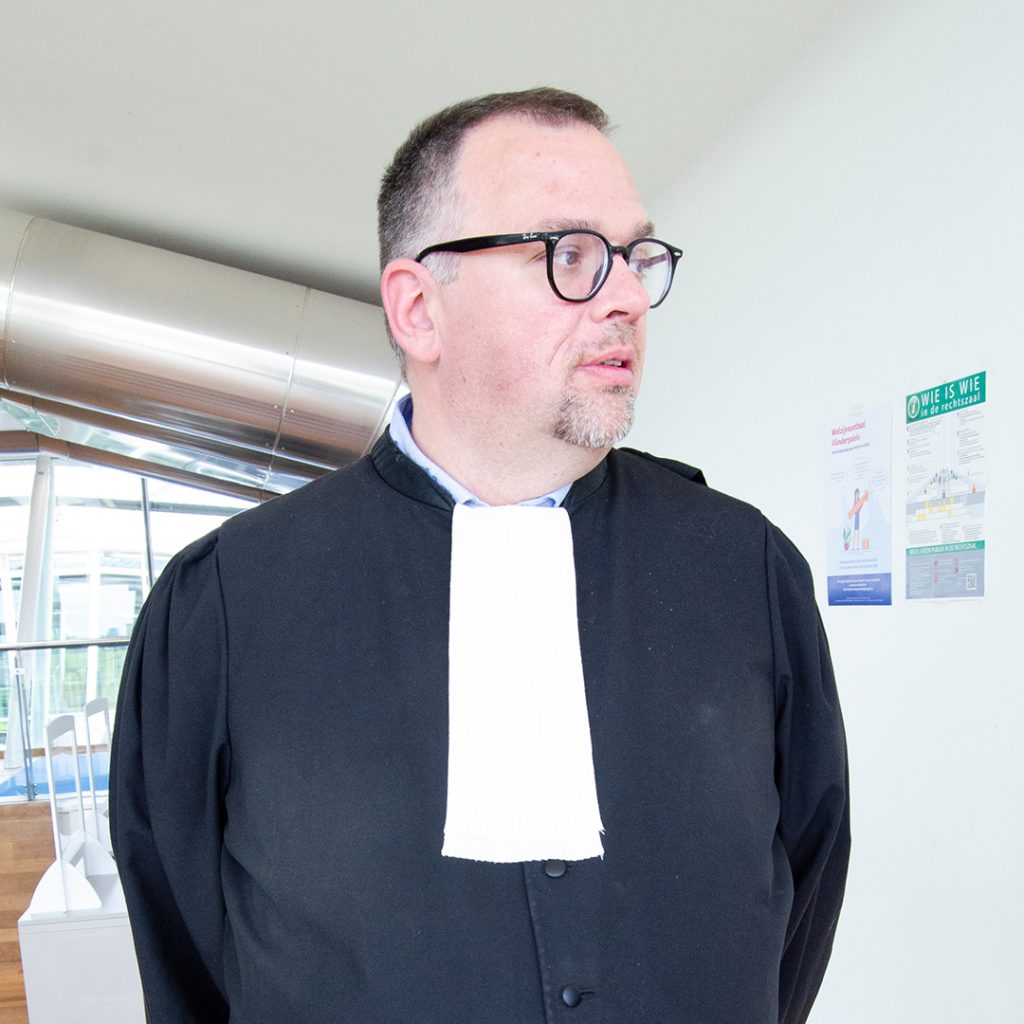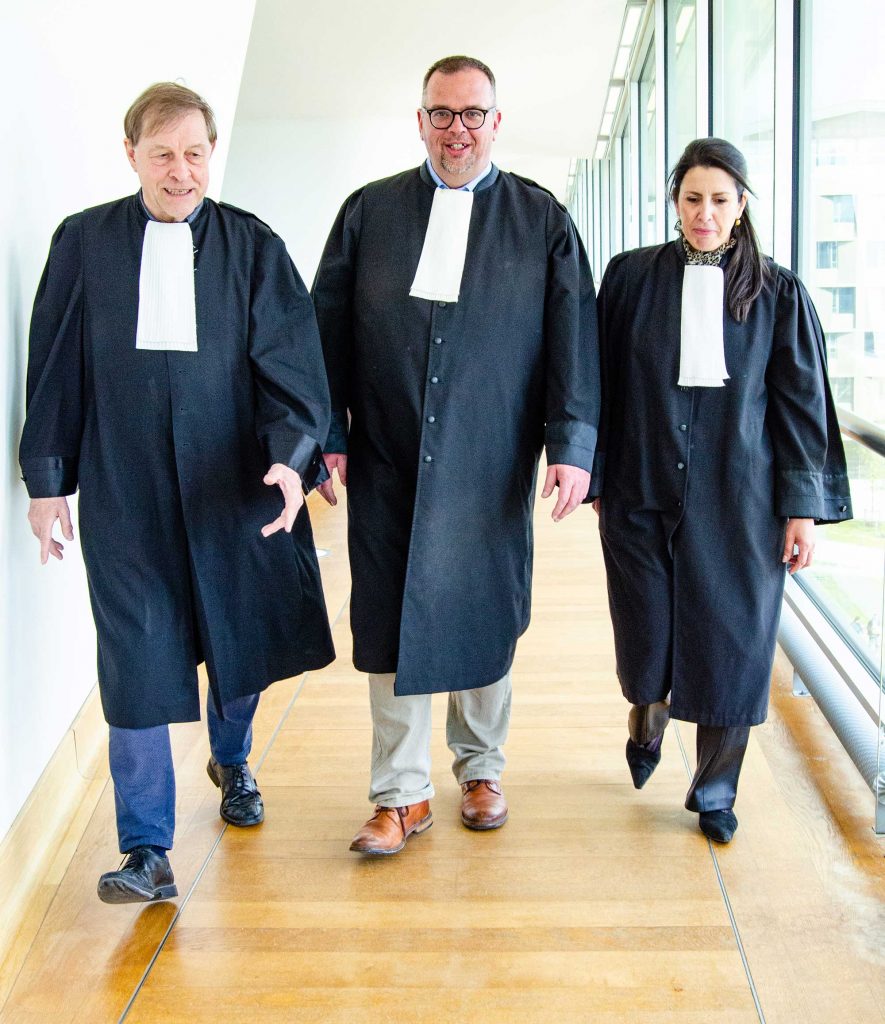
Education and career
- Contributions to The Administrative Signpost for Aliens, Refugees and Migrants
- Holder of the certificate Special training in Cassation proceedings in criminal cases
- Chairman at the Antwerp Legal Aid Office since 2017
- 2001: Master of Laws University of Antwerp
- Lawyer at the “Balie Provincie Antwerpen” since October 22, 2001

Perhaps I became a lawyer because of the anarchist streak in my personality: I have a healthy distrust of authority. And when the government misrepresents people, I don’t just want to give advice, I want to be able to enforce things. I don’t want to be on the sidelines.
When people get their residence permits, their lives can finally start over. And often with success. Recently the son of an ex-client started as a general practitioner in my village. And then I’m also a little proud.
When I started as a lawyer, immigration law was not a sector where legal technology was used. Family reunions? Nobody knew that. Now it is all extremely regulated. Because we worked very technically, the other side started to work the same way. And the unfair thing is that they hold the pen of regulation. So as soon as you find a hole in the law, they’re ready to throw in a few bricks.
Administrative law I like to do the speciallekes in administrative law, the things that people say: oh, does a lawyer do that too? C certificates, for example. Schools that give a student a bad Christmas report should also offer remediation. Most schools do, but they rarely compile a file. Then you have the opportunity to challenge that C-certificate. Do not blindly convert to an A-certificate, but look for solutions.

The fight against marriages of convenience sometimes produces heartbreaking files. For example, I defend a couple that received a positive advice from the public prosecutor, but about which the municipality is still in doubt. Now that municipality has even checked how many kilos of garbage people put on the street. The Diftar system is used to calculate how much you have to pay for your waste. It is not a system to see how many people live in a house. That’s tragic. Because that man is in a closed institution, while his wife is heavily pregnant.
I would very much like to see the realization in immigration law that we cannot stop migration, but must channel it. That you have to allow migration in a controlled, humane way. That doesn’t mean open borders. But neither is it: every stranger who enters here is one too many.
Today it is bon ton to say: multiculturalism is a failure. I hope that in ten years’ time we will embrace that multiculturalism. Or at least that we are making progress. And that we don’t give up hope, that we continue to believe that we can beat the negativity.
News and publications
- Situation Afghanistan AssistanceOur office is following the dramatic events in Afghanistan closely. We are currently trying to find answers to various questions such as ongoing family reunions,…
- Change in Dataretentionbill not in line with jurisprudence EHJGovernment totlally ignores judgment of highest Court Lawyer Raf Jespers, who was involved in the proceedings against the data retention law, was interviewed by DeStandaard…
- GDPR and EthnographyDuring the Ethnographic Research Seminar 2020 at Ghent University on September 16, 2020, lawyer Raf Jespers gave this presentation. The dissertation systematises (in English) the…